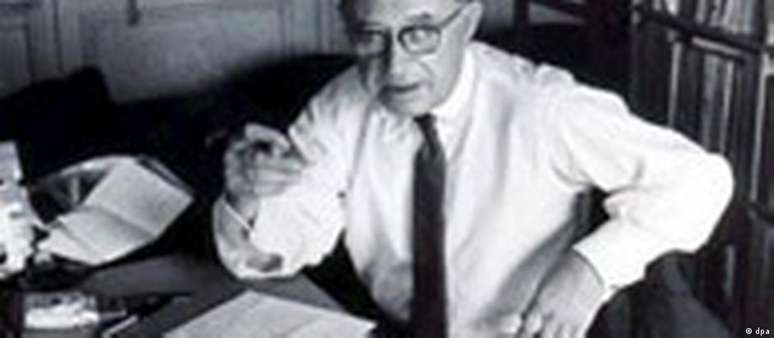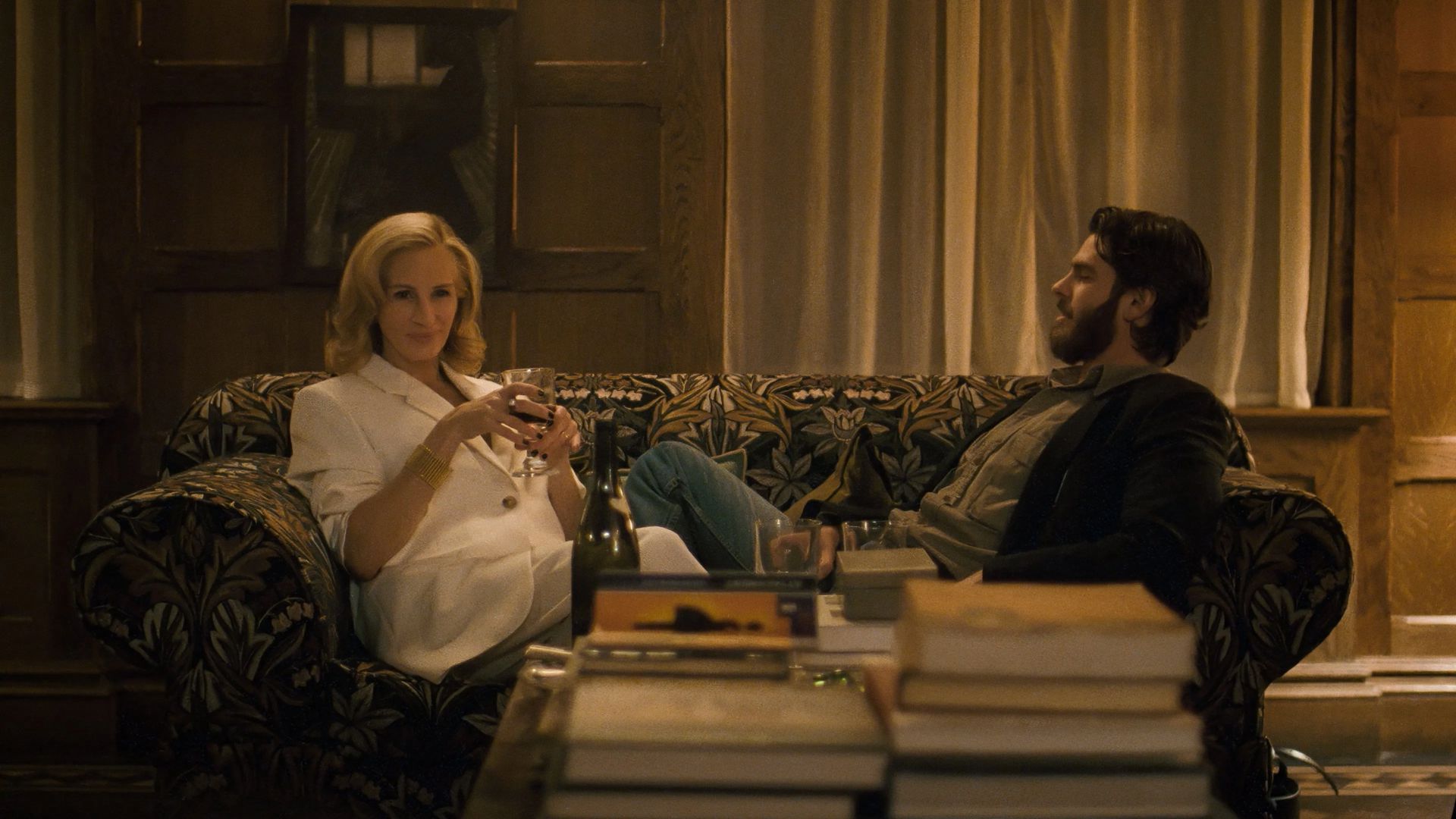On June 3, 1943, Les Mouches, a modern version of Euripides’ drama, directed by Jean-Paul Sartre, premiered at the Théatre de la Cité in Paris. The Nazis ban the show shortly after it opens in occupied France: “Man is condemned to build his own destiny.” It was with this notion of free will – one of the pillars of existentialism – that Jean-Paul Sartre modernized an ancient Greek drama in As Flies (1943). The work takes up the myth of Orestes and has as its central theme freedom of choice and responsibility in human action.
According to Greek mythology, the young Orestes saved his hometown Argos from remorse, as his mother Clytemnestra and Aegisthus, the current king and Orestes’ stepfather, killed his father, King Agamemnon. After the assassination, Aegisthus and Clytemnestra took over the government and tyrannized the people.
With the help of the god Jupiter, they spread the rumor that the city would be punished by the gods for the murder of Agamemnon. Due to the remorse of the people, Argos was constantly restless about the presence of flies that attacked the inhabitants. These flies, which became the title of Sartre’s work, are a symbol of the remorse that gnawed at the inhabitants of the city, unjustly blamed for the death of the king.
freedom and responsibility
After a long period of absence, Orestes returns to Argos and, faced with a scenario of terror and guilt, decides to expiate the evils of the city and avenge his father’s death by killing Egisto and Clytemnestra. He assumes responsibility for the crime, giving voice to Sartre’s thesis, according to which man is absolutely free and responsible for his own actions. This interpretation of Greek tragedy has given rise to endless discussions about man’s complicity with the tyranny that wounds him. “Man is free not to be submissive,” was one of Sartre’s maxims.
Orestes’ revenge is an act of revolt against Jupiter, a god whose power was based on spreading fear. He acts consciously and does not expect salvation. He is a free man. “Freedom is the most absurd and inexorable obligation. Orestes will go his way, without responsibility or excuses, without help. Alone. Like a hero. Whatever the cost,” explained Sartre.
Sartre’s adaptation of Euripides’ play was an allegory of Hitler’s occupation of France by Germany. At the time he wrote the play, France was paralyzed by fear of Nazi terror, just like Argos. Submission to the German occupiers meant a promise of salvation. Rebelling seemed futile. The partisans were considered murderers by the French themselves. Each attack by the French Resistance was avenged by the Germans with the execution of randomly selected Frenchmen. For Sartre, on the other hand, freedom was priceless.
absolute freedom
Shortly after the premiere at the Théatre de la Cité in Paris, the play was banned by the German military administration, but after the war it re-emerged on stage, including in Germany. The flies, however, evoked such terrible memories of the Nazi repression that they frightened even part of the public and critics. It was not the first work in which Sartre defended freedom as absolute. A year earlier he had published his main philosophical work, Being and Nothing, in which he defended “atheistic existentialism”, that is, “the total freedom of the human being through self-responsibility, without God, without pity or regret”.
Jean-Paul Sartre (1905-1980) was one of the most influential intellectuals of the 20th century, whose output was greatly influenced by World War II and the Nazi occupation of France. He was a German prisoner of war and, after his release, joined the French Resistance.
In 1945 he founded and directed the review Les Temps Modernes, which exerted an enormous influence in intellectual circles. A sympathizer of the French Communist Party (PCF), he flirted with Maoism and the Cuban revolution in the 1960s. He supported the students in May 1968 and joined the Proletarian Left group in the 1970s, but he kept his loyalty to Israel intact and opposed the so-called Palestinian cause.
Sartre was one of the leading exponents of existentialism, having been strongly influenced by three philosophers: Soren Kierkegaard (1813-1855), considered the father of existentialism, Edmund Husserl (1859-1938) and Martin Heidegger (1889-1976). His literary and philosophical work is vast. In addition to The Flies and Being and Nothingness, he wrote, among others, The Nausea (1938), The Wall (1939), Between Four Walls (1944), Existentialism is a Humanism (1946), The Dirty Hands (1948), The devil and the good God (1951), the trilogy The ways of freedom, Critique of dialectical reason (1960), The words (1964) and the unfinished The family idiot (1971).
In 1964 he received, and declined, the Nobel Prize for literature. Together with her partner, the writer Simone de Beauvoir, she visited Brazil in the 1960s.
Catrin Möderler (gh)
Source: Terra
Rose James is a Gossipify movie and series reviewer known for her in-depth analysis and unique perspective on the latest releases. With a background in film studies, she provides engaging and informative reviews, and keeps readers up to date with industry trends and emerging talents.



-to4mi28diwq8.jpg)



